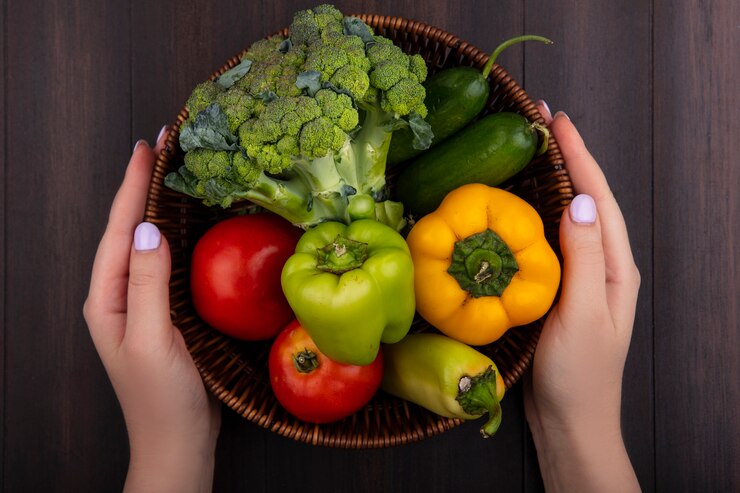 24 july, 2022
24 july, 2022
Eating a diet rich in fruits and vegetables is essential for maintaining good health. Not only do these foods provide important vitamins and minerals, but they also contain antioxidants and other phytochemicals that can protect against chronic diseases such as cancer and heart disease. However, not all fruits and vegetables are created equal when it comes to nutrition. The nutritional value of fruits and vegetables can vary depending on where and how they are grown.
One of the key benefits of eating locally grown fruits and vegetables is that they are typically fresher and more nutrient-dense than those that have been shipped long distances. When fruits and vegetables are picked, they begin to lose some of their nutritional value. The longer they are stored and transported, the more nutrients they lose. In contrast, locally grown fruits and vegetables are often picked at the peak of ripeness and are available for consumption within a matter of days. This means that they retain more of their nutritional value and taste better as well.
Another advantage of locally grown fruits and vegetables is that they are often grown using sustainable farming practices. Small-scale farmers often use organic or natural methods to grow their crops, which can result in higher levels of nutrients. In addition, these farmers may also use a variety of different crops, which can provide a wider range of nutrients than those found in a monoculture.
One of the most important nutritional benefits of locally grown fruits and vegetables is that they are rich in vitamins and minerals. These include vitamins A, C, and K, as well as potassium, calcium, and iron. For example, locally grown leafy greens such as spinach, kale, and chard are excellent sources of vitamin K, which is important for maintaining healthy bones. Similarly, locally grown berries such as strawberries and blueberries are rich in antioxidants and vitamin C, which can help to protect against cancer and heart disease.
Locally grown fruits and vegetables also have a lower carbon footprint than those grown in other regions. Shipping fruits and vegetables long distances can require a lot of fuel and results in a lot of pollution. In contrast, locally grown fruits and vegetables are transported shorter distances, which reduces their environmental impact.
In conclusion, eating locally grown fruits and vegetables is an excellent way to boost your nutrition and overall health. These foods are fresher, more nutrient-dense, and often grown using sustainable farming practices. Additionally, they are an excellent way to support your local farmers and reduce your environmental impact.
One of the key benefits of eating locally grown fruits and vegetables is that they are typically fresher and more nutrient-dense than those that have been shipped long distances. When fruits and vegetables are picked, they begin to lose some of their nutritional value. The longer they are stored and transported, the more nutrients they lose. In contrast, locally grown fruits and vegetables are often picked at the peak of ripeness and are available for consumption within a matter of days. This means that they retain more of their nutritional value and taste better as well.
Another advantage of locally grown fruits and vegetables is that they are often grown using sustainable farming practices. Small-scale farmers often use organic or natural methods to grow their crops, which can result in higher levels of nutrients. In addition, these farmers may also use a variety of different crops, which can provide a wider range of nutrients than those found in a monoculture.
One of the most important nutritional benefits of locally grown fruits and vegetables is that they are rich in vitamins and minerals. These include vitamins A, C, and K, as well as potassium, calcium, and iron. For example, locally grown leafy greens such as spinach, kale, and chard are excellent sources of vitamin K, which is important for maintaining healthy bones. Similarly, locally grown berries such as strawberries and blueberries are rich in antioxidants and vitamin C, which can help to protect against cancer and heart disease.
Locally grown fruits and vegetables also have a lower carbon footprint than those grown in other regions. Shipping fruits and vegetables long distances can require a lot of fuel and results in a lot of pollution. In contrast, locally grown fruits and vegetables are transported shorter distances, which reduces their environmental impact.
In conclusion, eating locally grown fruits and vegetables is an excellent way to boost your nutrition and overall health. These foods are fresher, more nutrient-dense, and often grown using sustainable farming practices. Additionally, they are an excellent way to support your local farmers and reduce your environmental impact.
For more information and further details about our products, please contact us !